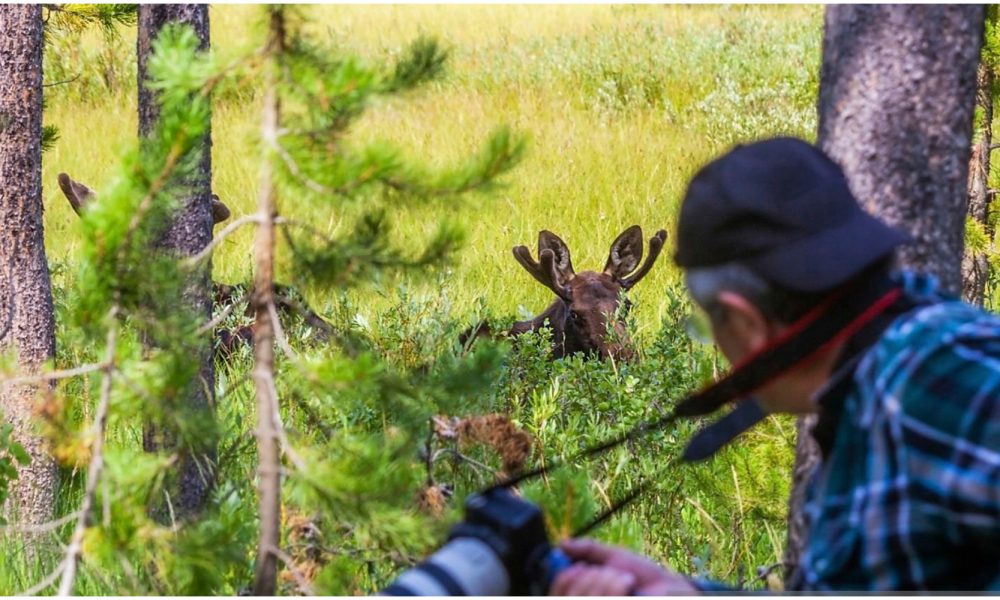
Here Is How You Can You Can Restore Habitats of Endangered Species

We all know that there are different endangered species throughout the world. The word endangered usually means that these species are at a high risk of becoming extinct if no particular steps are taken to restore their natural habitat. A number of these species may run the risk of extinction for a variety of reasons. Some of them are industrialization, overhunting, or improper population management practices. Most of these species have to cater to the needs of a greedy population. While there are some organizations such as WWF, NRDC, Endangered that are trying to do their bit to protect animals from disappearing from the face of the world. However, you can do your bit too, here is how.
Find Out More about Endangered Species in your Area
 The more you know, you’ll know, how less you know about it, there is wonderful wildlife around you, that you must know about and tell your friends and family about birds, fish, and plants that live near you. The first step is to learn about them. And apart from knowing all the details and how they can benefit you; you also know how you can help them in return?
The more you know, you’ll know, how less you know about it, there is wonderful wildlife around you, that you must know about and tell your friends and family about birds, fish, and plants that live near you. The first step is to learn about them. And apart from knowing all the details and how they can benefit you; you also know how you can help them in return?
Make Your Home Wildlife-friendly
Do what you need to do, such as dump off the garbage in shelters or cans with locking lids, feed your pets indoors and lock them inside so as not to attract wild animals. You can reduce water usage at home so the animals around you have a better chance of survival. attracting wild animals into your home. Reduce your use of water in your home and garden so that animals that live in or near water can have a better chance of survival. Keep your birdbaths clean to avoid disease transmission. You can also place decals on windows to avoid bird collisions. You’ll be shocked to know that millions of birds die every year because of collisions against windows.
Find Ways to Provide Shelter to Native Wildlife
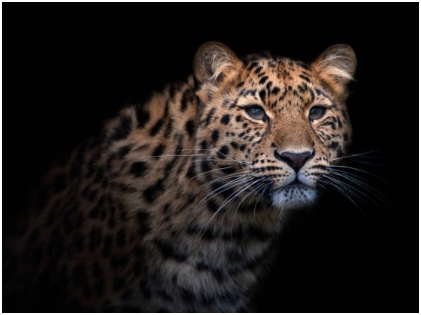 Try and attract native insects such as bees and butterflies to help pollinate plants. The spread of non-native species has been greatly effective in helping the native populations around the world. Invasive species compete with native species to get more resources and habitat. They may even prey on native species directly, which may lead the native plants to extinction.
Try and attract native insects such as bees and butterflies to help pollinate plants. The spread of non-native species has been greatly effective in helping the native populations around the world. Invasive species compete with native species to get more resources and habitat. They may even prey on native species directly, which may lead the native plants to extinction.
Keep The Use of Herbicides and Pesticides to the Minimum
Herbicides and pesticides may help in sprucing up your yards but the hazardous pollutants in them can affect wildlife in numerous ways. Many herbicides and pesticides take a lot of time to degrade and cause build-up in the soils or throughout the food chain. There are predators such as hawks, owls, and coyotes that may get harmed if they eat poisoned smaller animals. The group of animals that are most affected by the chemical pollutants is amphibians.
Watch Where You Drive
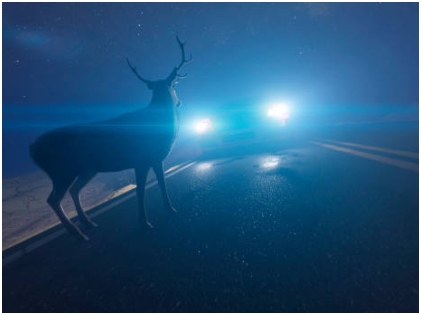 Many animals live near developed areas and for them walking through a place that is full of humans can prove to be hazardous for them. You may often read the news of wild animals getting injured while crossing roads. So it is always important to slow down your vehicle and be on the lookout for animals crossing the roads.
Many animals live near developed areas and for them walking through a place that is full of humans can prove to be hazardous for them. You may often read the news of wild animals getting injured while crossing roads. So it is always important to slow down your vehicle and be on the lookout for animals crossing the roads.
Buy Sustainable Products
To be more wildlife-friendly you need to use products that use recycled paper or products such as bamboo and Forest Stewardship Council wood products to ensure the forest products get are kept well-protected. Ensure you do not buy furniture from wood coming from rainforests. You need to also think about recycling your cell phones because a mineral used in cell phones and other electronics is mined in gorilla habitats. Cut down the usage of palm oil because forests are indiscriminately cut down to make way for palm plantations.
Don’t Buy Products That Come From Endangered Species
People always want to bring back a souvenir from foreign shores. But these priceless souvenirs are made out of animals that are nearing extinction. Avoid pandering to illegal wildlife trading and one way you can do that is to avoid buying products made up of tortoise-shell, ivory, coral. Things such as bags made up of the skin of animals are also a strict no-no.
A little bit of compassion from your side can stop many animals from going the dinosaur or the dodo way. Are you willing to go the extra mile to help these vulnerable creatures of the world?
More in Business & Investments
-
`
The Sky’s the Limit: Qantas Aims for Ultra-Long-Haul Records
Long-haul flights are making a grand return, signaling the optimism among airlines that international travel is on the rebound post the...
December 2, 2023 -
`
WWE SmackDown to Make a Comeback on USA Network in 2024
In a surprising twist, WWE’s Friday night staple, “SmackDown,” is bidding farewell to Fox and heading back to its old stomping...
November 24, 2023 -
`
Why Women Face Higher Out-of-Pocket Health Expenses
In healthcare, disparities persist, and a recent report from Deloitte underscores a significant financial gap between working women and men in...
November 18, 2023 -
`
Elon Musk vs Bill Gates: The Clash of Titans
In the realm of the world’s wealthiest individuals, a simmering rivalry has been captivating public attention. It’s not a clash of...
November 7, 2023 -
`
The Power Of Disconnecting
In our digitally driven age, where smartphones, tablets, and laptops have become extensions of ourselves, disconnecting might seem daunting. However, the...
October 31, 2023 -
`
JCPenney’s Bankruptcy: The End of an Era
JCPenney filed for bankruptcy in a move echoing the struggles of many retailers in the wake of the COVID-19 pandemic. This...
October 26, 2023 -
`
Reasons Why You Need a Financial Plan
Financial planning is not just for the wealthy or those nearing retirement. It’s a crucial tool for anyone seeking financial security...
October 19, 2023 -
`
How Brad Pitt Spends His Millions All Over the World
Brad Pitt, the charismatic Hollywood superstar, has left an indelible mark on the silver screen and made an impact in the...
October 10, 2023 -
`
Gen Z’s Posh Palate: The Unexpected Rise of Caviar Culture
Amid the backdrop of a digital era buzzing with viral dances, e-sports, and niche memes, there emerges a peculiar plot twist:...
October 7, 2023












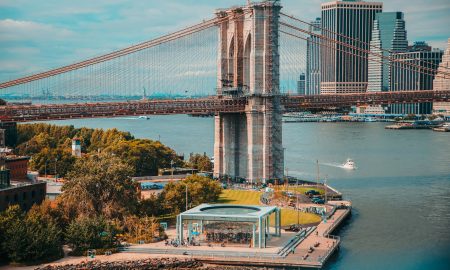

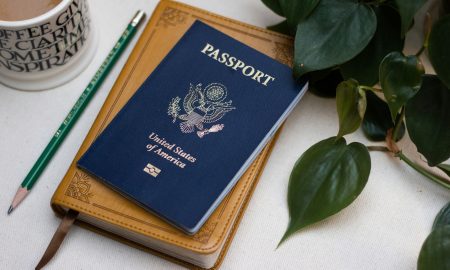
You must be logged in to post a comment Login